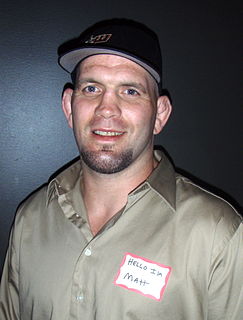A Quote by Garry Kasparov
We have again a strange gap. We have the big scientific discoveries around the second, third century BC. Then we have an invention of the so-called Arab system, the positional system of counting with zero dated to the eighth or ninth century.
Related Quotes
I am not saying people should not be free to join whichever reason they choose but should we be forced to live our lives around a belief system that originated somewhere around the fourth or fifth century BC. I cannot see any more reason to base a belief system around Christianity, Judaism or Islam than I can around Lord of the Rings.
Here's what I don't think works: An economic system that was founded in the 16th century and another that was founded in the 19th century. I'm tired of this discussion of capitalism and socialism; we live in the 21st century, we need an economic system that has democracy as its underpinnings and an ethical code.
Here's what I don't think works: An economic system that was founded in the 16th century and another that was founded in the 19th century. I'm tired of this discussion of capitalism and socialism; we live in the 21st century; we need an economic system that has democracy as its underpinnings and an ethical code.
The different American experience of the 20th Century is crucial because the lesson of the century for Europe, which essentially is that the human condition is tragic, led it to have a build a welfare system and a set of laws and social arrangements that are more prophylactic than idealistic. It's not about building perfect futures; it's about preventing terrible pasts. I think that is something that Europeans in the second half of the 20th century knew in their bones and Americans never did, and it's one of the big differences between the two Western cultures.
D-Day represents the greatest achievement of the american people and system in the 20th century. It was the pivot point of the 20th century. It was the day on which the decision was made as to who was going to rule in this world in the second half of the 20th century. Is it going to be Nazism, is it going to be communism, or are the democracies going to prevail?
In Western Pennsylvania, our parents and grandparents left us a strong system of roads, rails, bridges, locks, dams, streetcars, and more - an investment that paid off throughout the twentieth century. It now falls to our generation to rebuild and improve upon this system for the twenty-first century.
The industrial leader of the 20th century was a system-builder. He was a visionary in terms of what could be built; got the capital together; certainly convinced investors that it was possible; and then ran a high-volume production system that would spew out a vast array of almost identical goods and services. They would be changed from time to time; there was research and development, to be sure. But the system was built around production, not innovation.

































